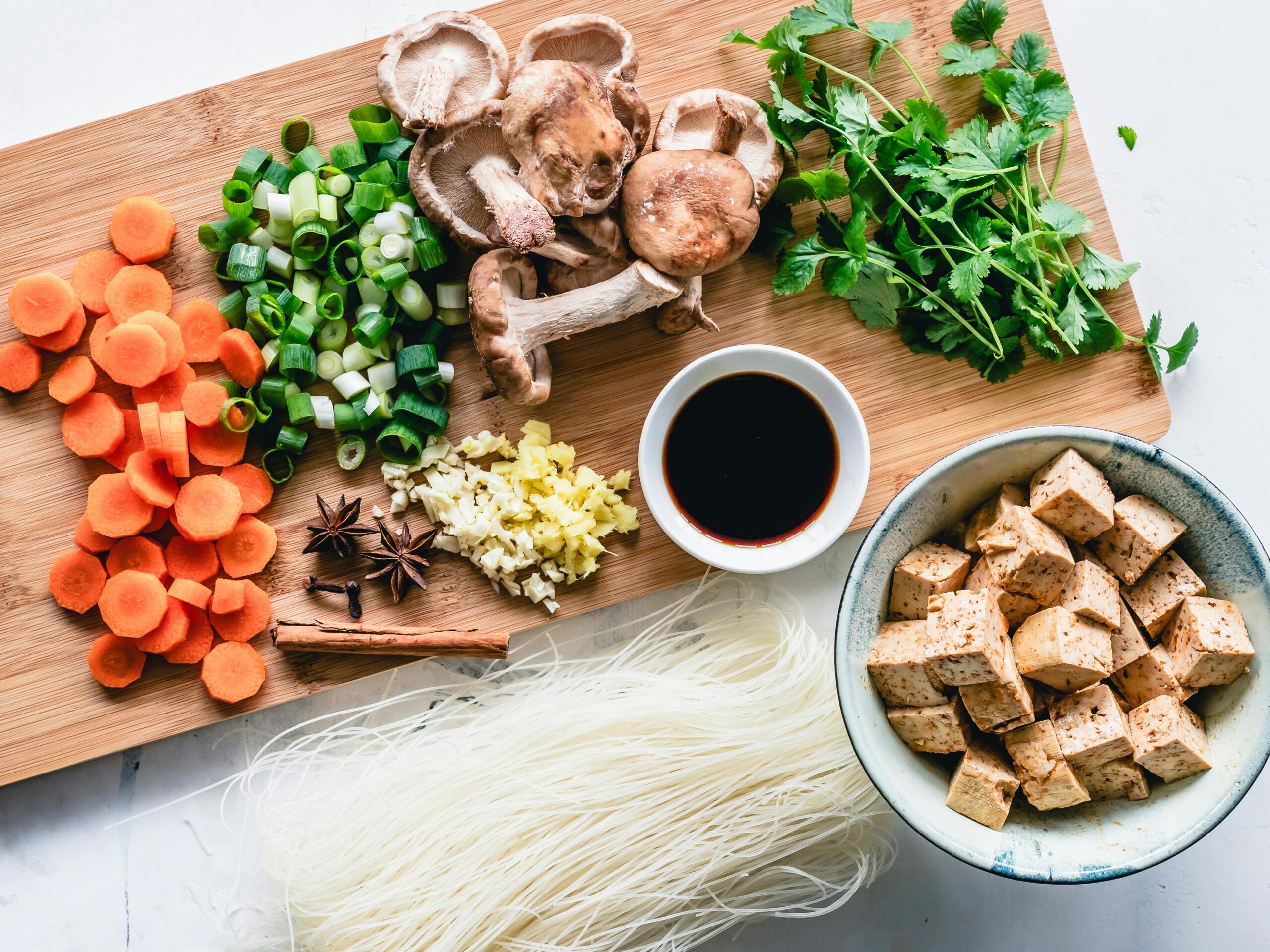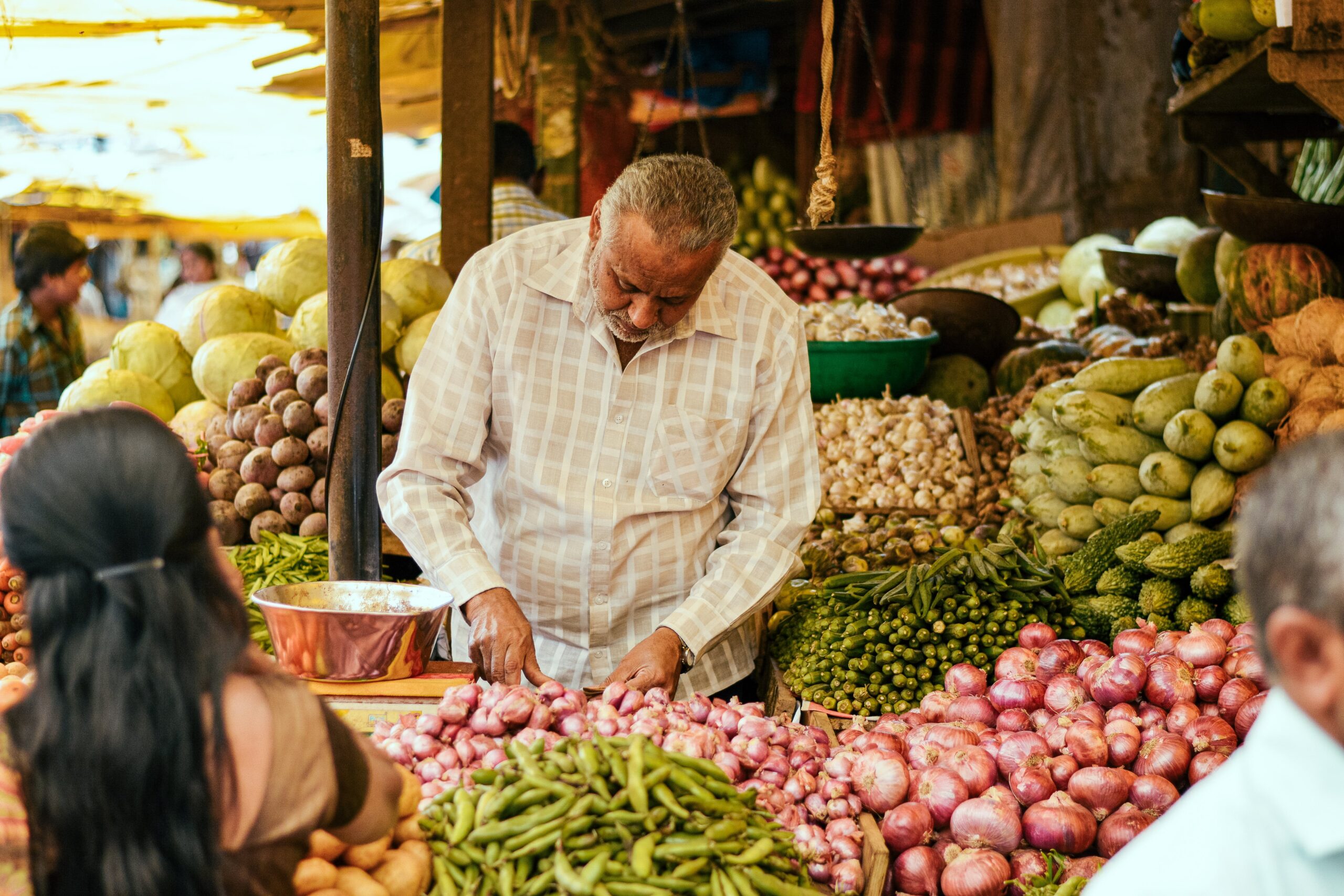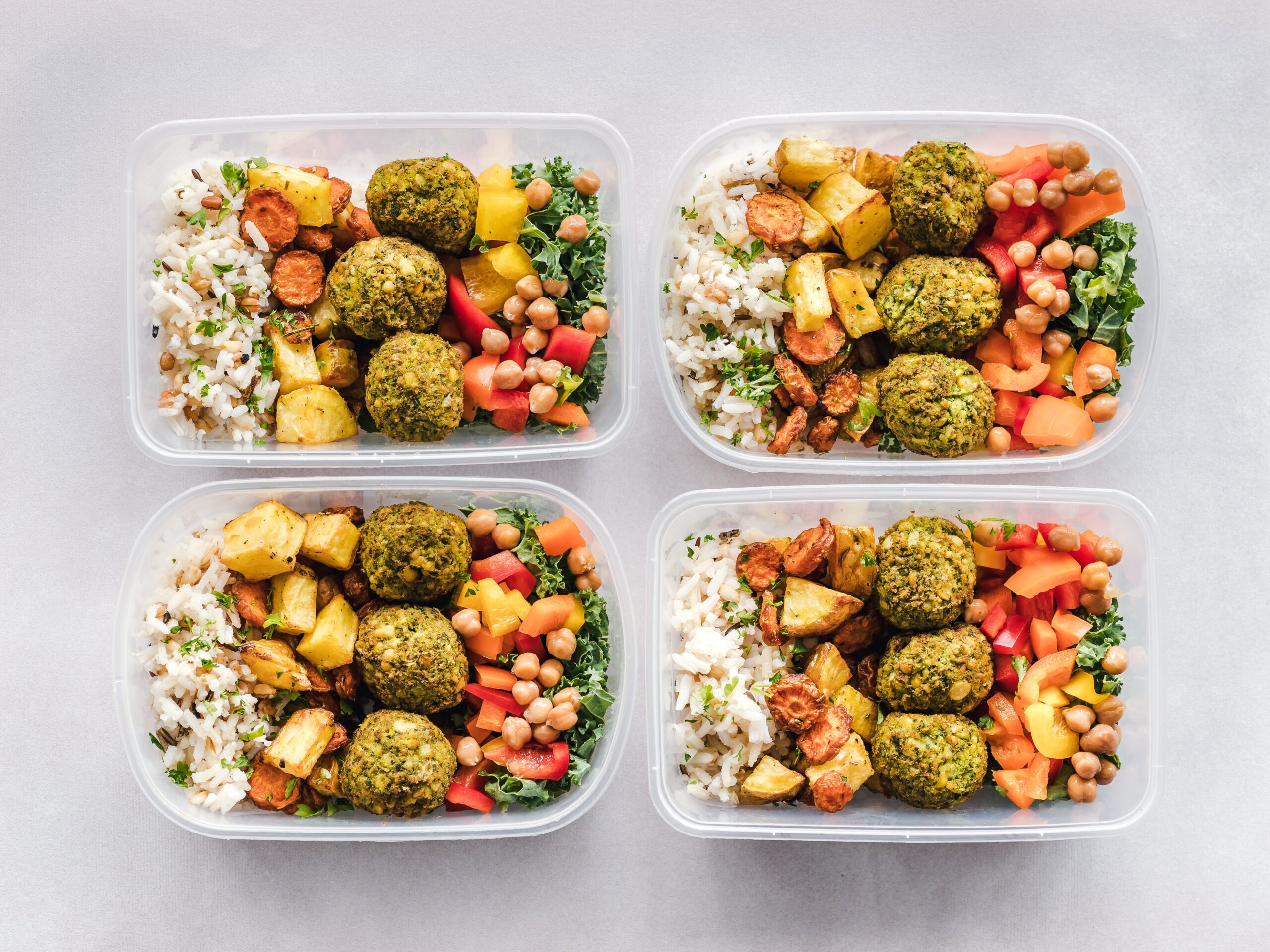
Living sustainably entails a variety of lifestyle changes. These include everything from carefully choosing which shops we buy our clothing from to the types of cleaning products we use in our homes. Luckily, there are a few easy ways to start living more sustainably and they involve something we spend most of our time doing– eating food!
Our food choices can make a significant impact on our carbon footprint, so here are 3 easy ways to transition from being a Mindless Muncher to a Sustainable Snacker!
Eat a Mostly Plant-based Diet

You might’ve already read our articles on Vegetarianism and Veganism which outline the reasons why people choose to avoid animal products and its benefits. However, many of us still love the taste of meat especially if we grew up eating a meat-based diet. If you’re one of these people though, worry not!
Instead of completely quitting meat and animal products, it might be easier to simply decrease the amount of meat you eat! This is a great way to be sustainable since you can still enjoy eating your favourite meals without sacrificing the environment. It’s also important to note that meat products, specifically red meat, cost the most for the environment. According to Statista.com, producing one kilogram of beef can produce up to 99 kilograms of Carbon Dioxide, which is a vast difference to other meats like poultry which only release about 10 kilograms.
You can slowly start changing your diet by replacing these high-CO2 emission foods with veggies and other plant-based alternatives like tofu, tempeh, and seitan.
Buy from Local Sources

Transporting food from one place to the next can also release a ton of greenhouse gases in the atmosphere. It may not be immediately obvious, but the imported fruits and veggies you eat could have used up a lot of jet fuel to get to your grocery store.
An easy solution to this is buying from local grocers and produce shops! Not only can you help your community by supporting local businesses, you can also guarantee fresher food products since the items don’t need to travel such long distances.
If you like seafood, purchasing from local sources also allows you to confirm how sustainable and ethical the farming practices for your seafood products are.
Avoid Food Waste

Lastly, it’s always more sustainable to avoid unnecessary waste. Food waste is no exception to that! We’ve already discussed the growing issue of food loss that you can read about here.
There are a couple of easy ways you can avoid food waste at home. First is to make buying food a more conscious activity. This means making a list of grocery items and only buying a reasonable amount of each ingredient. This is because overbuying is a common reason for food waste. In addition to this, you can also try meal planning so that you can have prepared portions that you can eat over a certain period of time. Not only do you save time by having your meals ready at any time, you also save yourself a lot of money by not wasting any food!
And if you have the space, composting any food waste is a great way to not only get rid of your scraps while also being friendlier to the environment.
Conclusion
Whether you’re a seasoned foodie or a casual consumer, changing your eating habits to accommodate the planet’s health should be a priority. We hope that these three tips help you on your way to becoming a Sustainable Snacker! If you want to learn more about how you can live a more sustainable and environmentally friendly lifestyle, check out the rest of our blog here. And don’t forget to check our official accounts on Facebook, Instagram, and YouTube!





